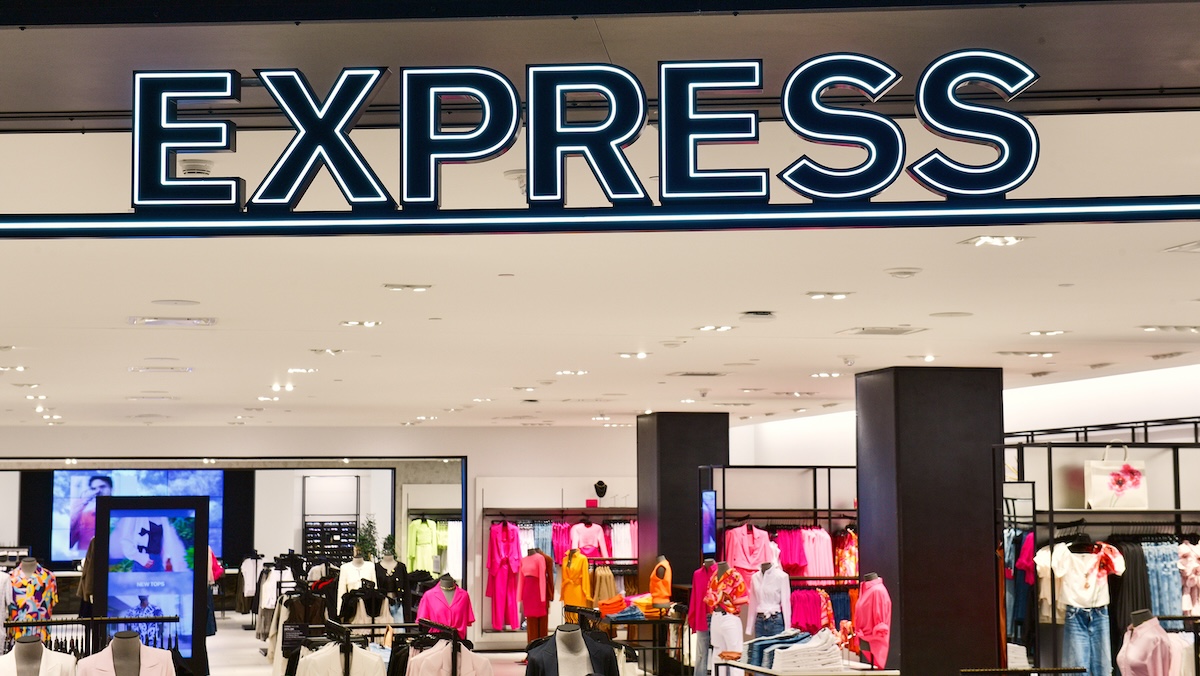Most Asian stock markets rebounded Tuesday after several days of steep declines as investors snapped up beaten down shares like Honda, Samsung and HSBC. Shares in Europe also opened higher.
Hong Kong's Hang Seng index rose a whopping 14.4 percent — its biggest gain in 11 years — to 12,596.29, a day after plunging more than 12 percent. South Korea's Kospi jumped 5.6 percent to 999.16.
Japan's benchmark Nikkei 225 index surged 459.02 points, or 6.4 percent, to 7,621.92 after early falling to fresh 26-year lows. A weaker yen against the dollar encouraged traders to buy exporters like Toyota and Sony, whose overseas earnings are eroded by a strong yen. The dollar, which had fallen to a 13-year low against the yen on Friday, rose to 94.72 yen from 93.01 yen in late New York trading.
Even Shanghai's main index, which had fallen 6 percent earlier, turned positive in the afternoon.
"The market can't fall forever," said Francis Lun, general manager of Fulbright Securities Ltd. in Hong Kong.
Lun said the Hang's Seng's huge drop Monday was bringing buyers back to seek bargains and scoop up blue chips that had tumbled. He pointed to banking giant HSBC, which had declined Monday to levels not seen since the SARS epidemic in 2003.
In Europe, stocks rose in early trading. London's FTSE 100 index gained almost 3 percent, Germany's DAX jumped 4.4 percent and France's CAC-40 rose nearly 3 percent.
Business
U.S. stock index futures were sharply higher early Tuesday, suggesting Wall Street would advance after an erratic session Monday. Dow Jones industrial average and S&P futures were both up more than 4 percent.
"Extreme pessimism eased in the market as sentiment cheered the yen's retreat and sharp gains across Asia," said Yutaka Miura, senior strategist at Shinko Securities in Tokyo. He also said that the Nikkei's early fall below 7,000 points spurred buying.
Australia's key stock measure closed down 0.4 percent, though sharply pared earlier losses. Singapore's market index, also down more than 5 percent in morning trading, turned green in afternoon trading.
In South Korea, the buying was driven by domestic investors following the biggest rate cut ever by the central bank on Monday, analysts said, even as foreign investors kept selling to get cash to meet redemptions and liquidity needs at home.
South Korea's Samsung Electronics Co. rose 5.8 percent, while Hyundai Motor Co. jumped 12.6 percent.
In Tokyo, Honda Motor Co. surged 14 percent, Toyota Motor Corp. jumped 7.8 percent and Sony Corp. rose 9.6 percent.
In a volatile session Monday on Wall Street, the Dow fell 203.18, or 2.42 percent, to 8,175.77 after earlier rising by as many as 220 points. Most of the decline came in the final 10 minutes of trading. Broader indicators fell more.
Currency traders were on guard over possible moves by Japanese authorities to intervene in the market and cap the yen's strength after a Group of Seven advanced nations raised concerns over gains Monday.
"Investors are trading with caution over the Bank of Japan's intervention to curb the yen's rise," said Mitsuru Sahara, vice president of the foreign exchange division at Bank of Tokyo-Mitsubishi UFJ Ltd.
Though not a force in the currency markets in recent years, the Japanese central bank, at the behest of the nation's Finance Ministry, has stepped into the market massively in the past to buy U.S. dollars and sell yen at times of yen strength.
In South Korea, won sank a further 1.7 percent against the dollar despite suspected intervention by the central bank to purchase dollars. The won closed at 1,467.80 and is now down 36.2 percent so far this year.



